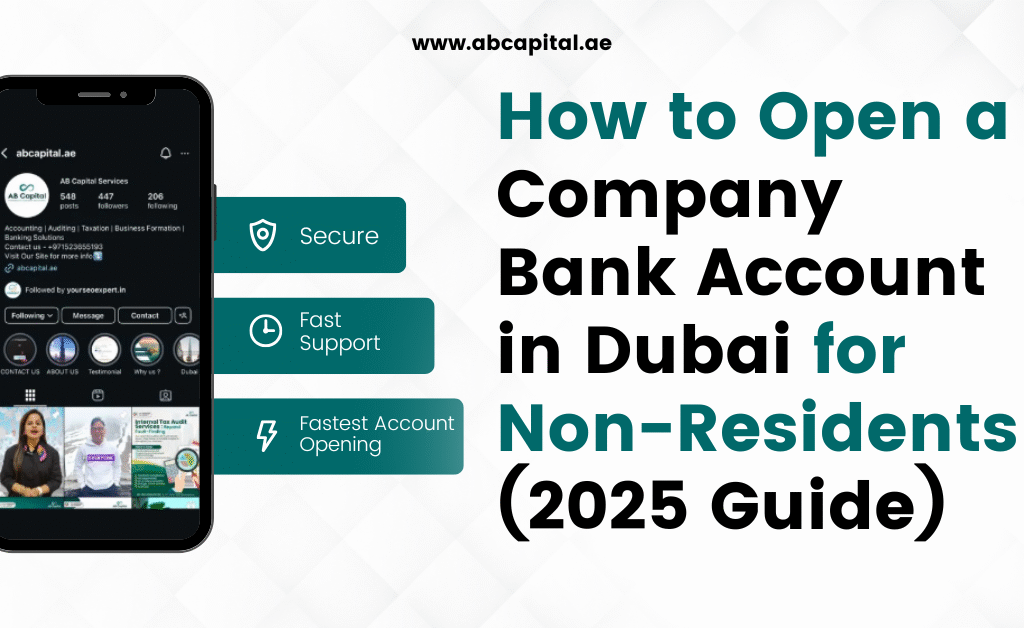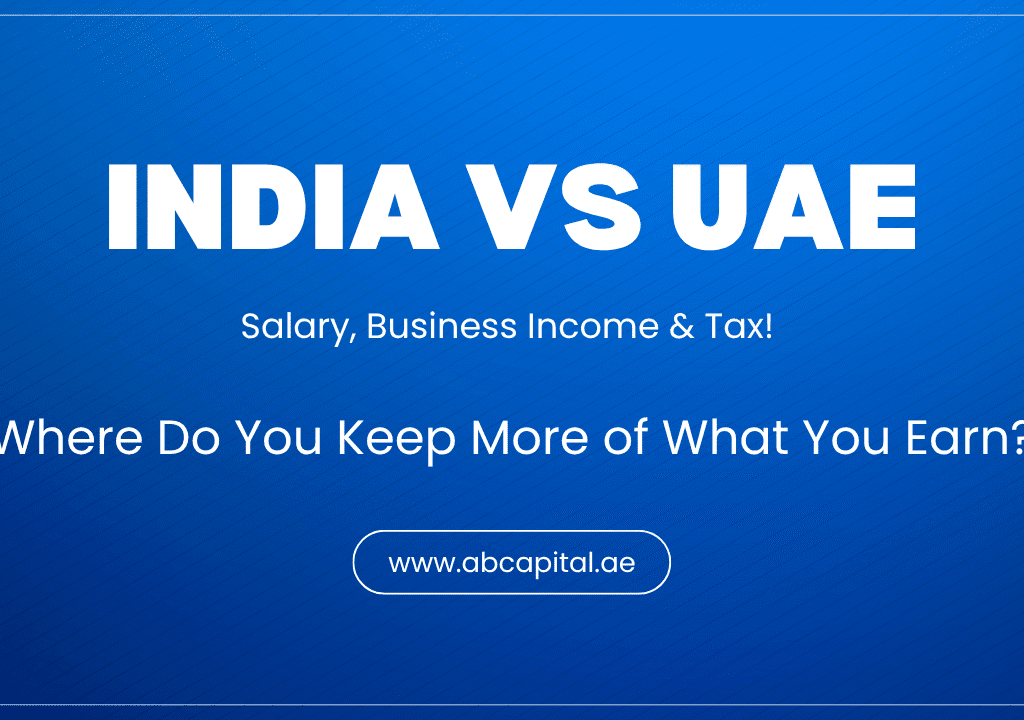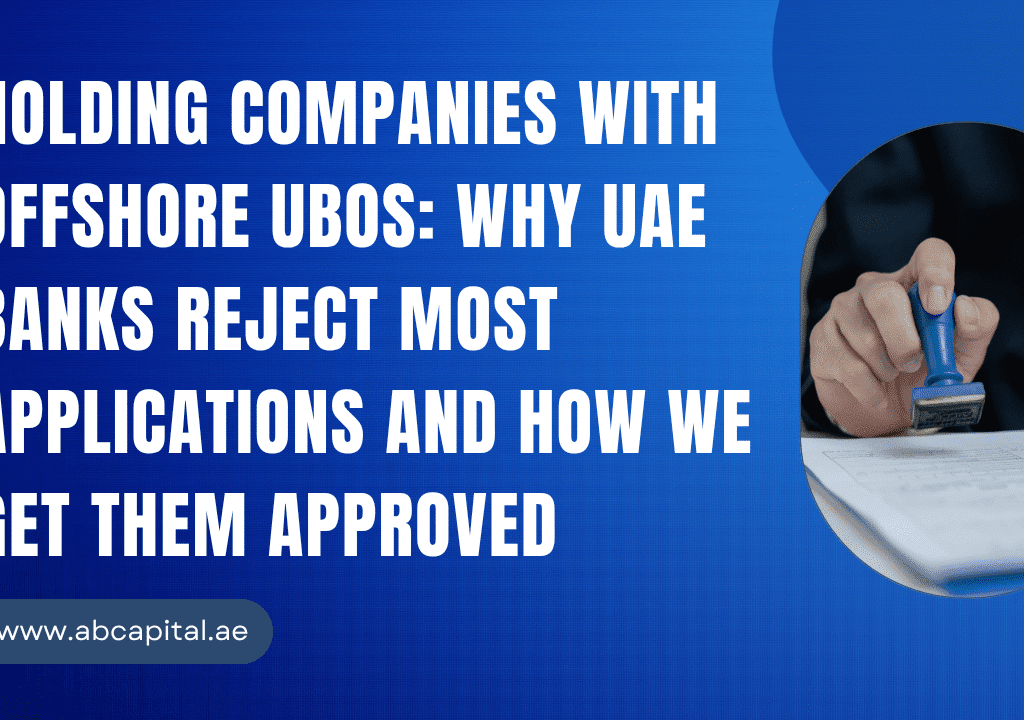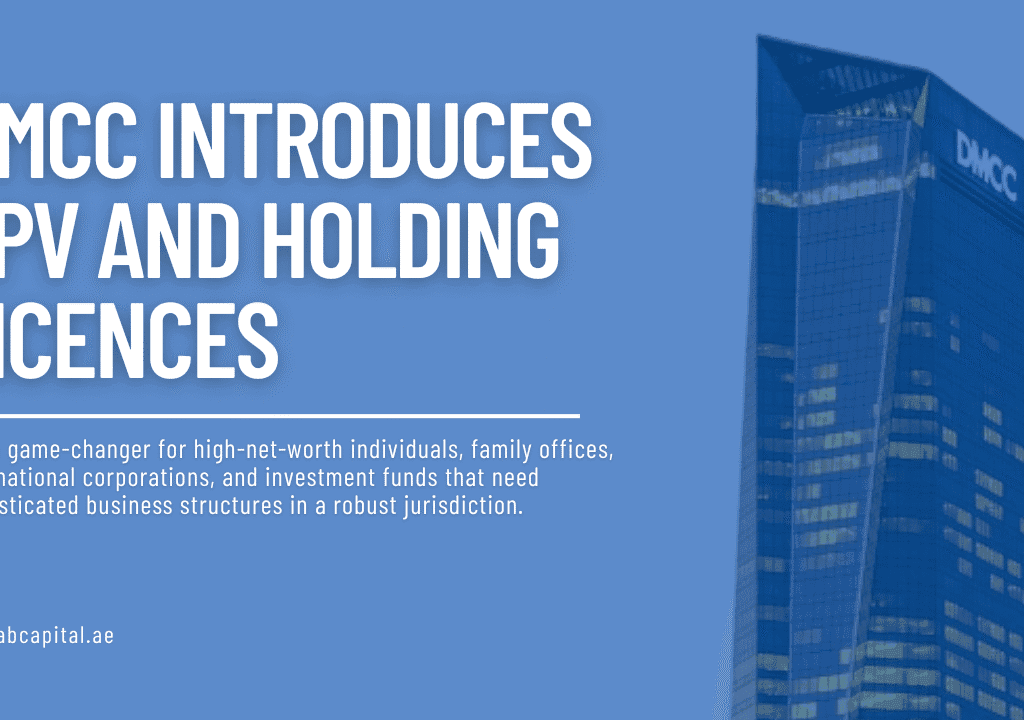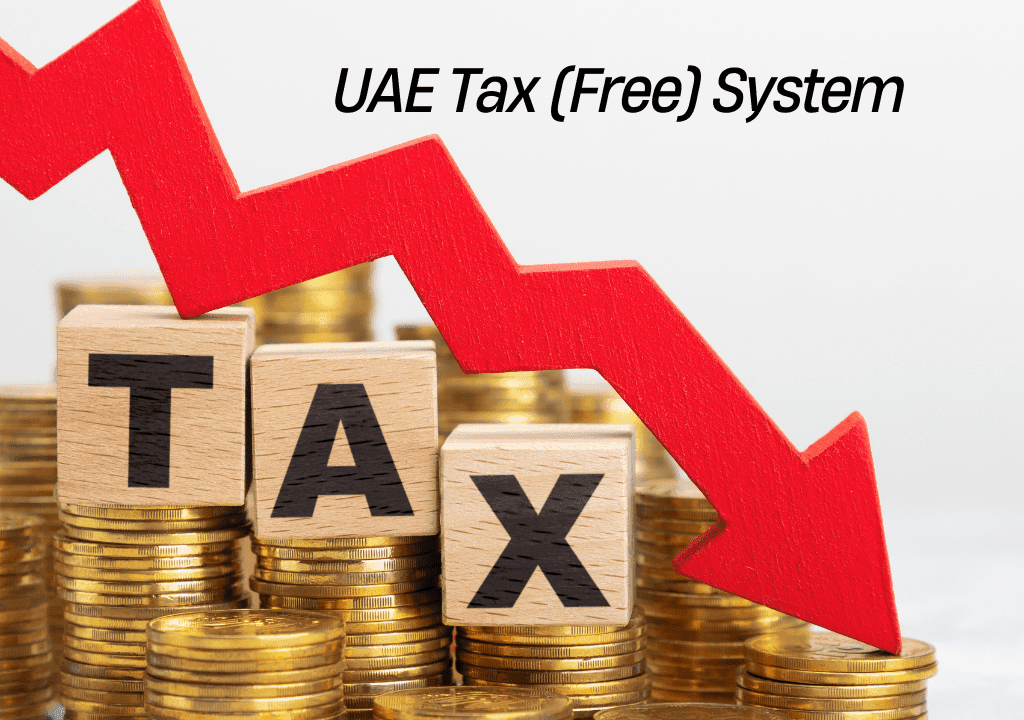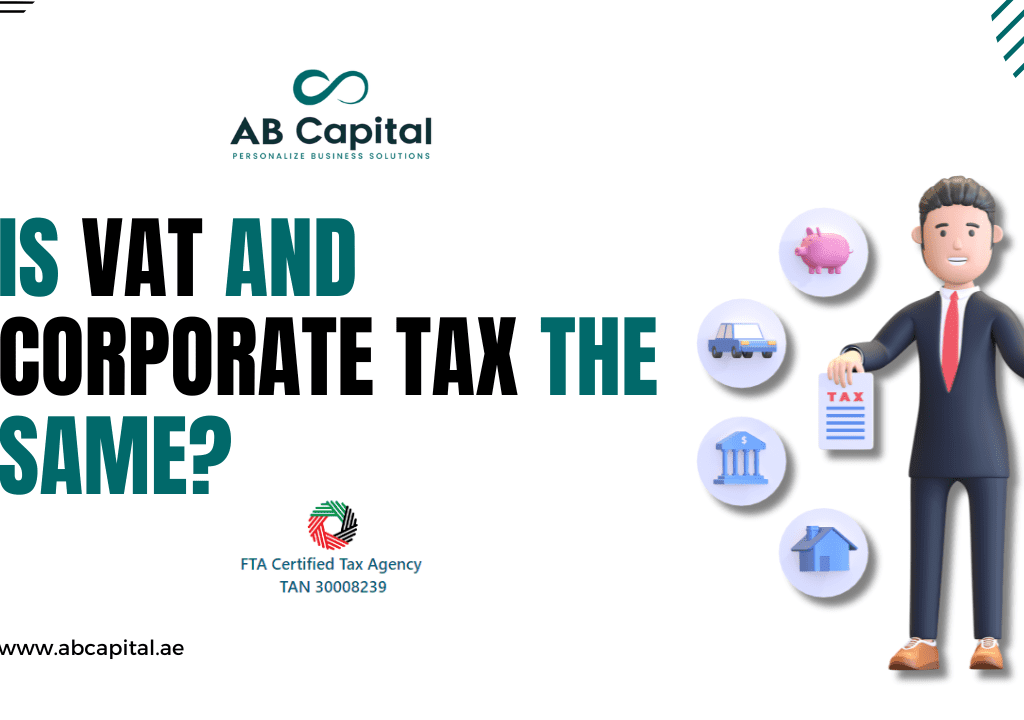UAE Corporate Tax Registration: Do Small Businesses Need to Register in 2025
The UAE introduced a federal corporate tax framework in 2023, and by 2025, it’s no longer optional for businesses to understand the rules, especially small businesses and startups. If you’re running a free zone company, a mainland business, or even a virtual consultancy in the UAE, the question is no longer “Will corporate tax apply to me?” The question is “When should I complete my UAE corporate tax registration and what happens if I don’t?” This guide walks you through everything small business owners, freelancers, and entrepreneurs need to know about UAE corporate tax registration in 2025. What Is UAE Corporate Tax? Corporate tax is a direct tax levied on the net income or profit of businesses. In the UAE, corporate tax was introduced with the aim of aligning with global tax standards and ensuring transparency. As of 2025: 0 percent tax on taxable income up to AED 375,000 9 percent corporate tax on taxable income above AED 375,000 No personal income tax on salaries or dividends Free zone companies may be exempt if they meet qualifying criteria This applies to most business structures, including LLCs, free zone establishments, and branches of foreign companies. Does Every Business Need to Register for UAE Corporate Tax Yes, and that’s where many businesses are getting it wrong. Even if your business earns less than AED 375,000, you are still required to complete UAE corporate tax registration with the Federal Tax Authority (FTA). This applies to: Free zone companies Mainland companies Sole establishments Partnerships Holding companies Service providers and consultancies Startups and new entities Not registering puts you at risk of fines, even if your income is below the taxable threshold. What If You Are a Free Zone Company Many free zone companies mistakenly believe they are exempt from tax — but the exemption is only valid if they are: Qualifying Free Zone Persons (QFZP) as defined by the UAE Ministry of Finance Earning income from outside the UAE or from other free zone entities Not dealing with mainland UAE customers (unless within allowed exceptions) Keeping separate books for their free zone and mainland activities Even then, UAE corporate tax registration is still mandatory, and your QFZP status must be validated annually. UAE Corporate Tax Registration Deadlines in 2025 The FTA has implemented staggered deadlines based on the date of license issuance. Here’s a general guide: Company Incorporation Month Registration Deadline January to April 2024 May to August 2025 May to August 2024 September to December 2025 September to December 2024 January to April 2026 Note: These are indicative and subject to official updates. Always confirm your deadline with a certified tax consultant. What Documents Are Required for UAE Corporate Tax Registration The registration process is online through the EmaraTax portal and typically takes 2 to 7 working days. The documents required include: Copy of trade license Passport and Emirates ID of shareholder(s) Memorandum of Association Articles of Association or Incorporation Certificate Proof of registered address Financial statements (if available) Group structure (for holding companies or subsidiaries) AB Capital Services are one of the best financial consultants in Dubai who can assist in compiling and submitting these documents accurately to avoid rejections or delays. Penalties for Late or No Registration Failing to complete your UAE corporate tax registration within the deadline can lead to: AED 10,000 penalty for late registration Additional fines for non-filing or late filing Risk of license suspension or non-renewal Possible audit flags in future Unlike VAT, the FTA is not offering grace periods in most cases. The best approach is to register early and stay compliant. What Happens After You Register Once registered, your company receives a Corporate Tax Registration Number. Even if your business does not cross the taxable threshold, you must: File an annual return Maintain proper books of accounts Renew your registration or update details if business structure changes Submit economic substance regulations (ESR) and ultimate beneficial ownership (UBO) reports where required AB Capital offers annual tax compliance packages that include filing, advisory, and updates on policy changes. Do Freelancers and Solo Consultants Need to Register Yes. If you are operating as a sole proprietor or holding a freelancer license in the UAE, you are treated as a business entity. This means: You must still complete UAE corporate tax registration If your net profit exceeds AED 375,000, you may be liable for tax Even zero-tax freelancers need a Tax Registration Number (TRN) to be fully compliant AB Capital Services: Making UAE Corporate Tax Simple At AB Capital Premium Bookkeeping & Accounting Services, we help businesses of all sizes navigate the complexities of UAE corporate tax registration. Whether you are a free zone startup, a mainland SME, or a service-based entity, we manage your registration, compliance, and documentation with zero hassle. Our tax services include: Corporate tax registration via EmaraTax Qualifying Free Zone Person advisory Tax return filing and accounting ESR and UBO submissions FTA audit support VAT and bookkeeping services Dedicated Managers We are an FTA Approved Tax Agency Get registered, stay compliant, and avoid penalties. Speak to our corporate tax experts today. FAQs – UAE Corporate Tax Registration 1. Is corporate tax mandatory for all UAE companies Yes. All businesses must register with the FTA regardless of income level. Exemptions apply only after registration and qualification. 2. Do I pay corporate tax if my profit is less than AED 375000 No. The 0 percent tax rate applies below that threshold, but registration is still required. 3. Can I delay corporate tax registration if my business is new No. Registration deadlines are based on license issuance dates. Late registration results in fines. 4. What is the cost of registering for UAE corporate tax Registration itself is free through EmaraTax. However, professional assistance is advised to ensure correct documentation. 5. Can AB Capital register my business for corporate tax Yes. AB Capital offers full registration and compliance support for UAE corporate tax. Disclaimer: The information in this post is for general guidance only and may change due
UAE Corporate Tax Registration: Do Small Businesses Need to Register in 2025 Read More »




